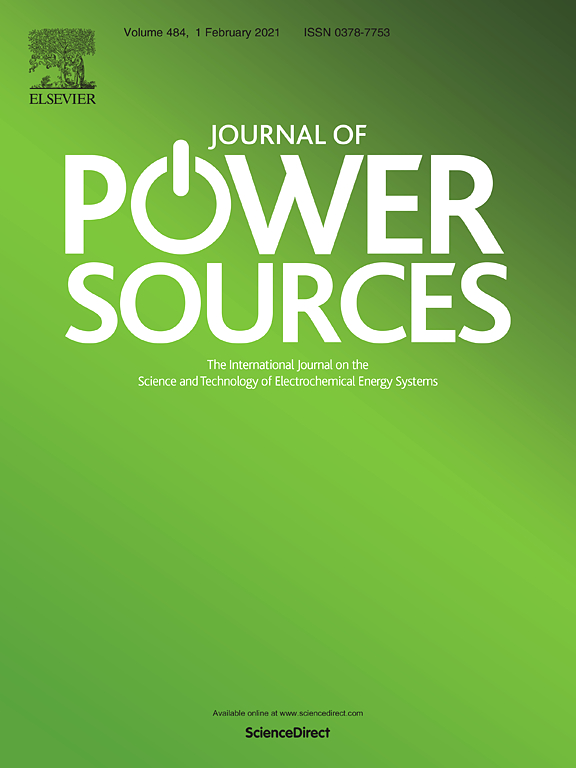
| 摘要:
Accurate lithium battery diagnosis and prognosis are critical to increase penetration of electric vehicles and grid-tied storage systems. They are both complex due to the intricate, nonlinear, and path-dependent nature of battery degradation. Data-driven models are anticipated to play a significant role in the behavioral prediction of dynamical systems such as batteries. However, they are often limited by the amount of training data available. In this work, we generated the first big data comprehensive synthetic datasets to train diagnosis and prognosis algorithms. The proof-of-concept datasets are over three orders of magnitude larger than what is currently available in the literature. With benchmark datasets, results from different studies could be easily equated, and the performance of different algorithms can be compared, enhanced, and analyzed extensively. This will expend critical capabilities of current AI algorithms, tools, and techniques to predict scientific data. |